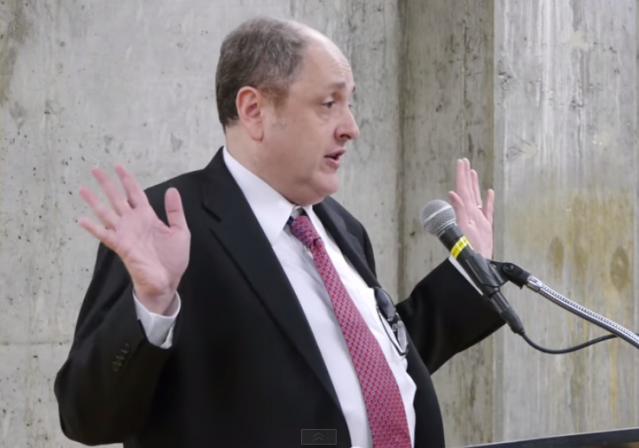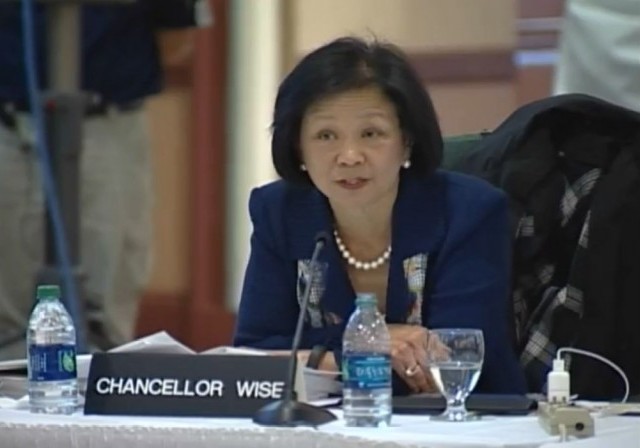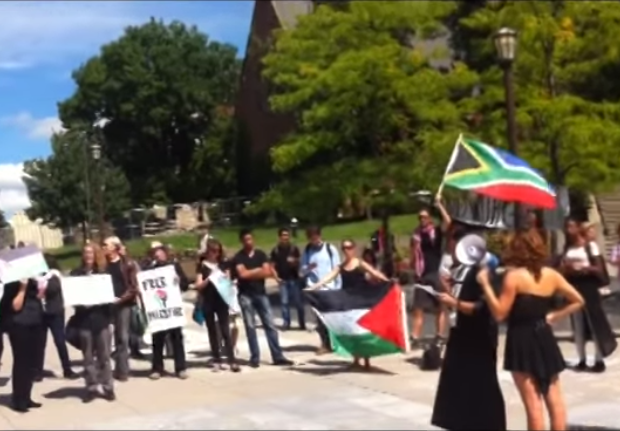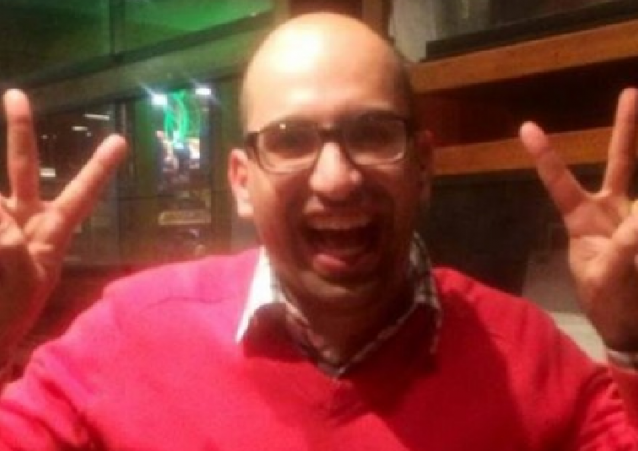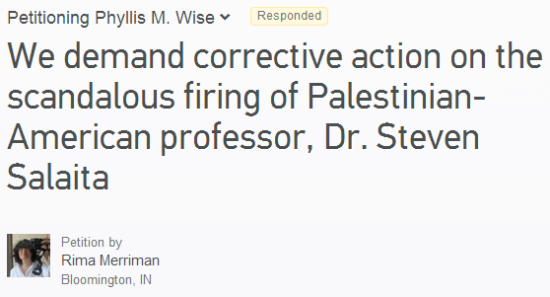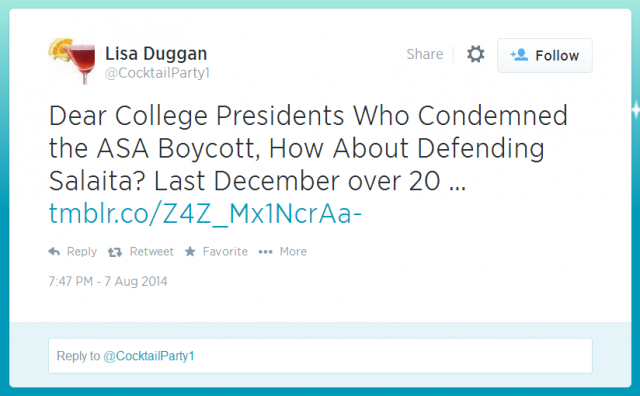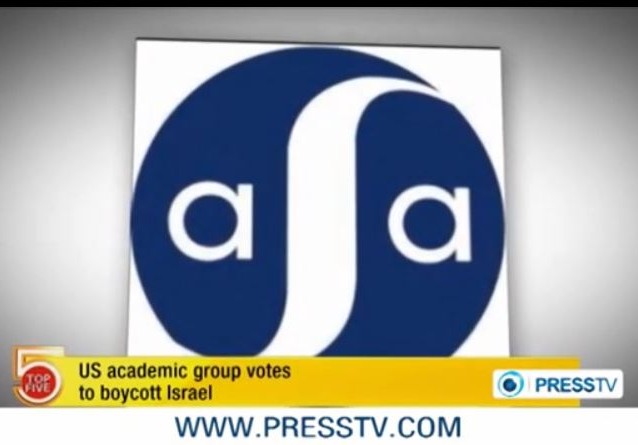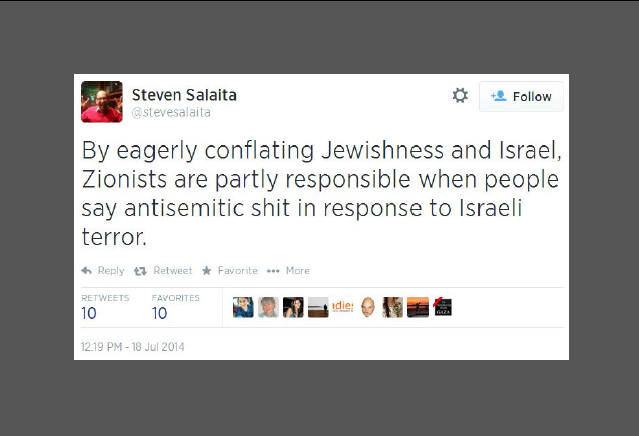Brian Leiter, supporter of Steven Salaita, embroiled in his own civility controversy
on September 26, 2014
9 Comments
Brian Leiter is the pugnacious U. Chicago philosophy and law professor, whose claim to fame is his blog ranking of philosophy departments, and to a much lesser extent, law schools. We touched on Leiter before with regard to his attacks on Prof. Glenn Reynolds and other "right-wing" law professor bloggers with whom Leiter politically disagrees.
An interesting side-light is that Leiter has been one of the most vocal supporters of Steven Salaita, the anti-Israel professor whose anti-Israel, and arguably anti-Semitic, tweets caused the University of Illinois Board of Trustees to deny him a tenured position.
Among other things, Leiter wrote a blog post at Huffington Post that got a lot of attention because Leiter declared that UI-UC had repealed the First Amendment. There are important issues that a court may have to sort out, but to proclaim the university's concerns a repeal of the First Amendment is pure hyperbole.
In a further post at his own blog, Leiter opined that Salaita had a strong "promissory estoppel" claim, because some unnamed professors told him so at lunch. I guess the legal argument in court would go something like this: Your Honor, you must ignore the contingent provision in the offer requiring Board approval because that's what some people told Brian Leiter at lunch.
Leiter announced on his blog that he was boycotting UI-UC:

